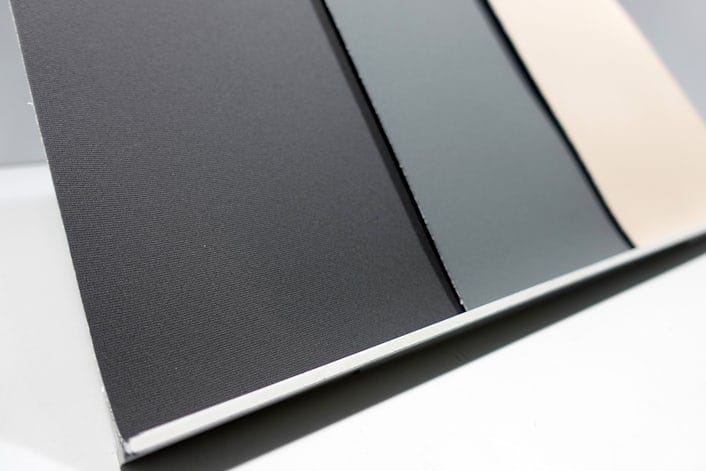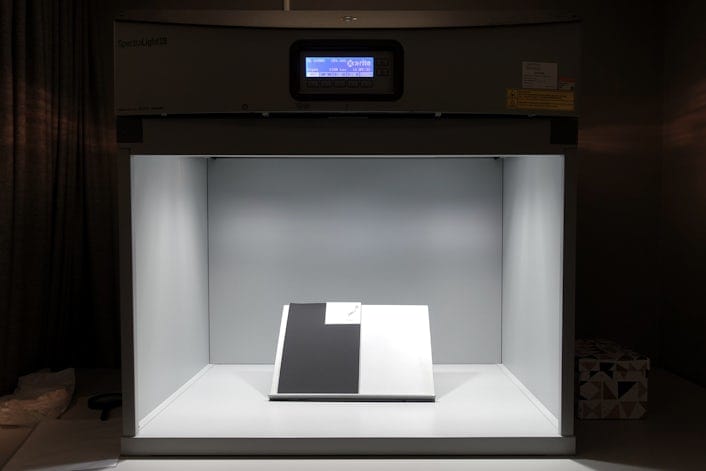Interior Innovations
Leather isn’t the only definition of premium.

Leather has been the final word in premium material since before cows were domesticated. And for too long, this meat industry by-product (let’s call a spade a spade here) has occupied the top spot when it comes to the ultimate upholstery. It’s tradition.
And we don’t buy into tradition. And we certainly don’t care for convention, especially within the car industry. We even broke up with them. So naturally, we took a different approach when it came to premium upholstery.
We went full vegan. We made it standard. And we call it WeaveTech.
“Our care for the environment goes beyond the electric drive chain,” states Polestar CEO Thomas Ingenlath. “With the Polestar 2, we designed our interior offer to promote and accelerate the shift of the car industry towards leather-free interiors.”
WeaveTech is entirely free of animal products. It’s a water-based (not solvent-based), dirt and moisture resistant, modern PVC material inspired by divers’ wetsuits. It was intentionally designed to be distinct from leather, a redefinition of premium materials that has its own identity and characteristics, as opposed to a leather-like-but-animal-free upholstery. The fact that it’s free of animal products netted us a PETA award. But that’s not the only aspect of WeaveTech worth talking about.
The chemists and interior designers have reduced the amount of phthalates (see sidebar) down to 1%, compared to an industry standard of 35-45%.


Phthalates – A breakdown:
Phthalates are a substance added to plastics such as PVC to increase their flexibility, durability and longevity. These substances are known as plasticizers. Due to the fact that they can be released into the environment, and some varieties can cause adverse health effects, the more they can be reduced, the better. In fact, all of the harmful phthalates have already been removed. This is why the 1% phthalate content of the Polestar 2 interior is something to get excited about.
All production is local, providing unparalleled traceability and transparency when it comes to environmental and labour law compliance. And given that the supplier is global, this local production is assured regardless of where the cars are made.
The material is easier and less environmentally harmful to produce than leather. It also boasts a longer lifecycle than standard market materials, leading to less production in the first place.
And speaking of production: the ambition, not yet realised, is to produce all textiles entirely from recycled PET bottles.
It even leads to greater performance on the part of the car, being 2-4kg lighter than an interior of another, more traditional material (not naming any names). WeaveTech. A truly innovative upholstery.
Innovation is one side of the Polestar coin. Attention to detail is the other. So WeaveTech is put through as rigorous of a test programme as the cars themselves: stringent chemical testing to ensure that it will meet environmental regulations for the next five years, artificially aging it 6000 hours, submerging it in boiling water-like environment for four weeks, and so on. Each test loop takes eight weeks, and there are normally six to seven loops.
The different colourways are examined in lightboxes, ensuring that they look as intended in a variety of conditions.
Every test, every innovation is done to ensure that a modern, durable, precedent-setting material can be free of animal products and every bit as premium as more traditional counterparts.
There’s a new definition of premium. And it’s called WeaveTech.


